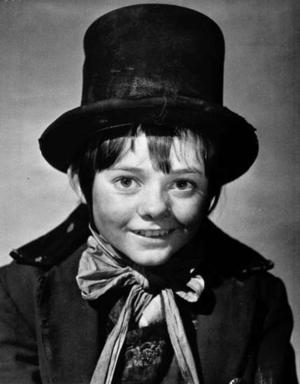http://news.bbc.co.uk/2/hi/programmes/from...ent/5321126.stm
Cricket: The latest American craze?
By Simon Worral
BBC News, Atlanta

Even the president has had a go
One of the fastest-growing games in the United States is, surprisingly, cricket.
The game flourished there for a while in the 19th century, but a combination of war and baseball sent it into decline. That is, until now.
Atlanta, Georgia is not a place you normally associate with cricket. It is famous for a fizzy drink and a baseball team called The Braves. So I was pleasantly surprised, on a recent visit, to hear the distinctive "thock" of leather on willow.
"Shot, Mouse!" shouted the tall, silver-haired West Indian standing next to me, as a batsman lofted a ball over the fence for six.
It was the semi-finals of the Atlanta regional play-offs between Tropical Sports Club and North Atlanta.
It was not a real cricket ground - just a piece of matting laid out in the middle of a schools softball field near the Atlanta airport.
Long history
But it felt like Sunday in Antigua. Under an awning, a large-hipped lady in a bandana barbecued jerk chicken in an oil drum. Men sat under the trees drinking Red Stripe and reminiscing about home. A copy of Ovid's Metamorphoses lay open on the ground.
The silver-haired man standing next to me was not any old bystander. His name was Desmond Lewis and in his cricketing heyday he had opened the batting for the Windies with Sir Garfield Sobers.
Cricket, he told me, has grown exponentially in America. When Des arrived in 1978, he could not find 11 players to make a team.
Today, Atlanta boasts 23 teams, with 600 players competing in a well-organised league.
Though few people either side of the Atlantic know it, cricket has a long history in the United States.
It was once the national game and the annual fixture against Canada, which was first played in the 1840s. It is the oldest international sporting event in the modern world, predating today's Olympic Games by nearly 50 years.
The earliest account of a cricket match in North America comes from a plantation owner in Westover, Virginia, named William Byrd.
"I rose at six o'clock and read a chapter in Hebrew," he noted in a diary he kept between 1709 and 1712.
"About 10 o'clock Dr Blair, and Major and Captain Harrison came to see us. After I had given them a glass of sack we played cricket. I ate boiled beef for my dinner."
Baseball
The outbreak of the War of Independence in 1776 temporarily queered cricket's pitch. Like tea and taxes, it was associated with Britishness.
But by 1860 an estimated 10,000 Americans were playing the game. Presidents turned out to watch. When Chicago hosted Milwaukee in 1859, Abraham Lincoln was among the spectators.
Three years later, disaster struck. The American Civil War uprooted men from their homes, pitches fell into disrepair, and a new sport adapted from an English girls' game called rounders, took America by storm.
Baseball suited war. It was quick, easy to learn, and required little in the way of equipment or facilities - just four gunnysacks thrown on the ground, a simple bat and an equally simple ball.
Today, thanks to a huge influx of immigrants from India, Pakistan and the West Indies, cricket is bouncing back.
There are 29 leagues nationwide, with an estimated 700 clubs and 50,000 active cricketers. As well as traditional bastions like Philadelphia and New York, where Mayor Bloomberg recently announced a $1.5m investment for a purpose built pitch in Queens, cricket is now being played in such unlikely places as Dallas, Texas, and Wichita, Kansas.
In Los Angeles, a team called Compton Homies & Popz uses cricket to teach "boyz from the hood" old-fashioned virtues like discipline and manners.
'Too complicated'
So can cricket do what soccer has done, and once again become a contender in the US?
A student I met at a charity game in Atlanta was more than a little sceptical. "It's way too complicated for Americans," he said. "And too slow."
But that doesn't stop Des Lewis from dreaming.
"My dream is to get a piece of property," he told me, as the sun began to set over Georgia.
"Twenty acres or so. And build a proper cricket field. With a real pavilion."
Sir Thursday

 Help
Help




















